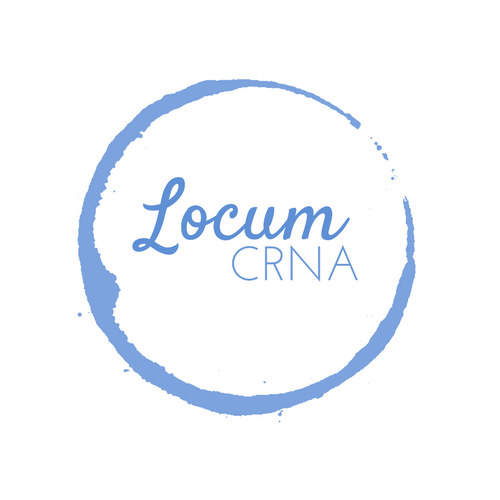Everyone has a different strategy for researching a Locum position and what they want in a position so this is going to be variable and be flexible.
Most people know that for the most part I use a recruiter to do Locum positions however this long-term assignment just came by word of mouth. I say that because however you go about finding your Locum positions you need to let people know what you are looking for. If you call a recruiter and say that you want a very specific type of place it may be challenging but if you say that you are looking in a wide area or with-in several states or locations that typically have some needs you are more likely to get feedback. Likewise, having a cover-letter that states your typical set of cases or specialties you might be well qualified for and what you are looking for in a position it may be significantly helpful when trying to be placed or knowing if you are a good fit for a position.
If you independently contract I would think it just as important if not more to be able to send a CV and cover letter that explains a little of your background and your wide variety of cases. When dealing with solo and CRNA only places make sure you highlight independent situations or practice. Side-note, ask a surgeon you work with either independently or 90% independently to write a letter of reference so that not all your references are CRNAs or friends.
Highlight your flexibility and also provide awareness of any dates that are non-negotiable and must be off (family vacation). I don't feel you need to explain why. Just the dates you need off as upfront as possible.
When talking to a facility ask about case types, variety, cases you would be expected to do and also tell them if you do things like: Pediatrics, OB, Neuro, Traums, Hearts, Transplant and Vascular. Sometimes, your experiences might outweigh another applicant for a position. These can also be a method to command a higher pay structure as not all CRNAs have this experience.
I ask questions about the type of city, size, accommodations, expectations, call, pay differentials, length of contract and escape clauses. I ask if anyone has been there before and if they would ask one of the people having been there to call me so I have a good idea what I'm in for. How often will I be paid and by whom? I ask them to never put my pay on my timesheet. I do not want my information to be a source of contention with staff or other locums.
I ask what type of environment they use, CRNA only, Solo CRNA, Anesthesia Care team as medical direction or supervision. Each of these are not like the other. Solo CRNA should likely come after CRNA only group, CRNA only group might come after a few years of anesthesia care team (ACT). Each type of practice requires a base of experience and a base level of ability to discuss on a collegial and appropriate level with either anesthesia providers or surgeons and each requires a strength of practice that grows with experience. I have worked in each of these environments as a Locum and some as a w-2 employee. Each will need a different level of care and attention. Each will likely come with differing roles and responsibilities, and experience. For example: I would not take a solo position if I was not routinely comfortable with lines, big and small cases along the age spectrum and being able to discuss with ICU/ER/Surgeons and other attendings that are non-anesthesia providers.
Each place also takes some breaking in period where the providers will assess your comfort level as well as getting to know your practice. Some ACT environments have Anesthesiologists that think they have to push drugs they didn't draw up. This is typically a control struggle and I don't try to engage that other than to say something like. I was planning to just give Xmg of Propofol because you know this patient has XYZ diagnosis. That way I get what I want without just addressing the drugs. I try to always address in such a way to say "this is what I want to do and this is why I want to do it". This shows thought and gives them the rationale ... if they go against it, I chart drugs per Dr. so and so. They may be on the chart but something I do not agree with will be charted as done per them and they can fight it if they want. I do agree that their name is on the chart and the care is shared but if you do something they don't agree with or that causes harm they'll say you were physically with the patient and it's your license. Please be careful. I have only once had to tell a doctor that I did not agree blatantly and this still causes a negative dynamic. I would try my best not to blatantly disregard a discussion if it is not going to cause harm. Most of the time I respond with this is what I would do and this is why, and almost always they take the discussion or will say that they were thinking XYZ and say why. Then it's a collegial discussion and a plan can be made.
Just my thoughts for the day. Please see the YouTube channel under videos and subscribe for future information as I continue both written and video content. Sometimes it will be similar and likely, most of the time, be completely different.
Here to help you in the journey as a Locum CRNA, business, communication, and more.

